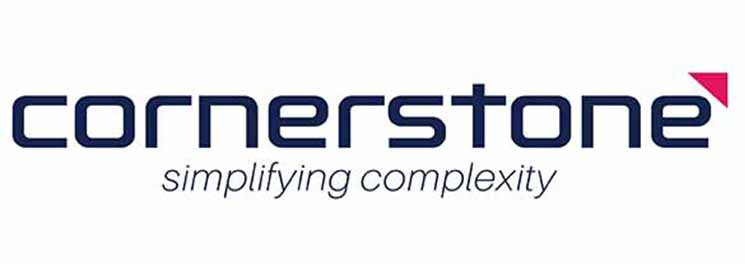
Transform your supply chain into a strategic enabler (rather than a disruptor)
Supply chains don’t have to be a headache for leaders. With the right tools and processes, they can become a true enabler of strategic agility and flexibility.
Are you one of the many organisational leaders who has been losing sleep about supply chain disruption in the years since 2020? You’re not alone – supply-and-demand woes are mentioned consistently as one of the top concerns for the C-Suite, right alongside other headline issues such as inflation and skills shortages.
According to a survey by Ai Group of Australian CEOs, supply chain disruptions are one of their top three concerns in 2023. They currently impact 78% of businesses, and 88% plan to invest to reduce their vulnerabilities in 2023. Nearly a quarter intend to change their product offerings in light of persistent supply chain disruptions.
Meanwhile, we’ve all been heavily focused on supply chain shortages, driven by global events such as COVID and the conflict in Ukraine. It’s been three very bad years for most organisations involved in global supply chains.
And the disruption isn’t likely to ease up soon – experts are predicting many supply chains are likely to face component gluts in the not-too-distant future (if they’re not already).
After change comes normalisation – or does it?
It makes sense, really – after periods of mountainous growth and never-ending consumer demand, things must normalise at some point. And organisations that have an underperforming (and perhaps underinvested supply chain) will struggle to readjust to the trend towards normal in a timely fashion.
Why? Because without the right people, tools and processes, it’s impossible to have real-time visibility over what’s happening in any globalised supply chain.
In short, lack of real-time visibility means no real-time action; no strategic agility; and compromised business performance. On top of this, excessive inventory may be tying up capital and incurring storage costs and impacting cash flow and financial planning.
The role of DDMRP in supply chain strategy
In our latest ebook, Transforming the supply chain into a strategic enabler, our experts take a look at the topic of stress in global supply chains in greater depth. The ebook also explores the shift to a methodology known as Demand-Driven Materials Requirement Planning (DDMRP) as a solution to many of the planning issues experienced in today’s supply chains.
DDMRP is an evolution of MRP methodology that enables greater agility and flexibility within complex and uncertain supply chains. Increasingly, organisations that still rely on MRP methodology will find their supply chain strategy mainly occupied with managing the near-term horizon and “firefighting” issues as they arise, rather than being aligned with a long-term strategic plan encompassing flexibility and agility.
The five benefits of DDMRP over traditional MRP
- Improved customer service: Users consistently achieve 97-100% on-time fill rate performance.
- Lead time compression: Reductions of more than 80% have been achieved in several industries.
- Right-size inventory: Inventory reductions of 30-45% are typical with no impact to customer experience, ultimately improving financial performance.
- Lowers total supply chain cost: Costs related to expedited activity and false signals are largely eliminated (e.g. fast freight, partial ships, cross-ships, schedule break-ins)
- Enables long-term supply chain planning: Users see priorities instead of interpreting the often-conflicting messages of earlier MRP systems.
When coupled with the right planning tools and teams, DDMRP can not only help tame the woes of supply chain disruption. It will also help align your supply chain strategy with broader organisational mandates of agility and flexibility – unlocking its full value as a strategic enabler, rather than a blocker.
We are enablers of change and transformation in Supply Chain, Information Management, Financial Planning & Analytics, Management Consulting, Project Management, and Managed Application Services. Contact us to find out more about how we work with your teams or call 1300 841 048.





